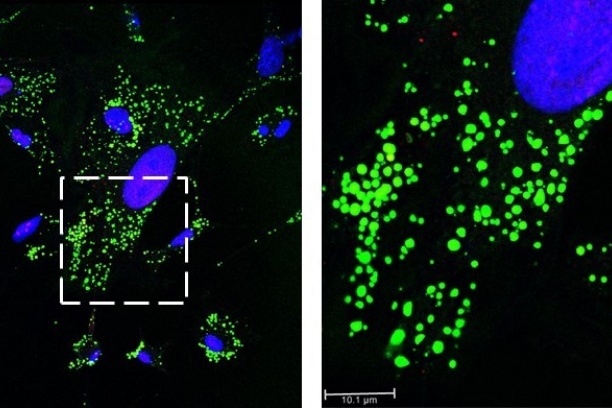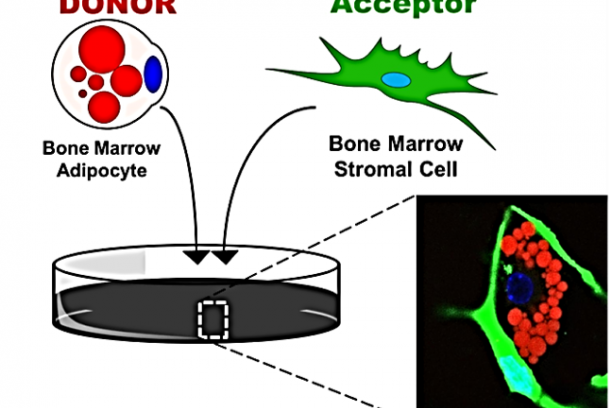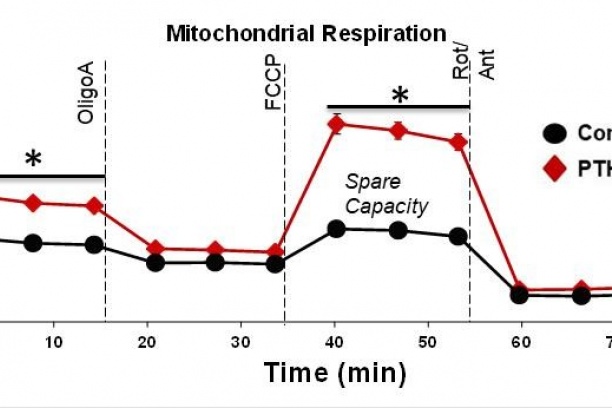
Elizabeth (Beth) Rendina-Ruedy, Ph.D.
Staff Scientist, Maine Medical Center Research Institute, 2017-2019
Postdoctoral Fellow, Maine Medical Center Research Institute, 2015-2017
Postdoctoral Fellow, Orthopaedic Surgery and Rehabilitation, 2014-2015, Vanderbilt University Medical Center
Ph.D. Nutritional Sciences, 2014, Oklahoma State University
M.S. Nutritional Sciences, 2009, Oklahoma State University
B.S. Biochemistry, 2007, Oklahoma State University
Background
Dr. Rendina-Ruedy’s unique training and research experience is deeply rooted in the basic science of bone biology with an emphasis in nutritional biochemistry. She received her Ph.D. from the College of Human Sciences with an emphasis in Nutritional Sciences in May 2014 from Oklahoma State University under the mentorship of Dr. Brenda Smith. While her M.S. focused on bioactive foods and bone health, her Ph.D. research was aimed at investigating the role of autophagy in bone metabolism as it related to type 2 diabetes mellitus skeletal fragility. She then transitioned to a postdoctoral fellowship in the Department of Orthopaedic Surgery and Rehabilitation at VUMC, in the Vanderbilt Center for Bone Biology (VCBB) in Dr. Daniel Perrien’s lab. During this time her project focused on how the histone deacetylase, sirtuin1 (Sirt1), was involved in mechanotransduction of bone. She then continued her postdoctoral training under Dr. Clifford Rosen’s mentorship at the Maine Medical Center Research Institute (MMCRI). While at MMCRI Dr. Rendina-Ruedy’s research interest returned to cellular bioenergetics and metabolic pathways within the skeletal niche.
Dr. Rendina-Ruedy’s current work focusses on developing a comprehensive understanding of how metabolic pathways impact bone health. Within this scope, the Rendina-Ruedy lab’s vision is to identify novel biological mechanisms to develop new treatments that can improve the quality of life for patients with compromised bone health.
Complete Bibliography
Research Information
The Rendina-Ruedy Lab is focused on developing a comprehensive understanding of how metabolic pathways impact bone health. Bone is an incredibly dynamic tissue that undergoes continuous remodeling involving bone resorbing osteoclasts, bone forming osteoblasts, and mechano-sensing osteocytes. Due to the high energetic demands of this process targeting metabolic pathways in bone cells is an incredibly provocative tool that can be applied to combat various conditions which lead to increased fracture incidence (i.e., post-menopausal osteoporosis, type 2 diabetes mellitus, and age-related osteoporosis). As such, the Rendina-Ruedy lab has ongoing projects aimed at understanding how bone cells, and cells within the bone marrow niche, store, mobilize, and utilize various metabolic substrates. In addition to understanding how these metabolic pathways impact bone health in a cell-autonomous manner, our lab is particularly interested in how alterations in bone cell bioenergetics modulates whole-body metabolism.
-

Increased lipid droplets in osteoblasts. -

Co-culture system to study bone marrow adipocyte-osteoblast interaction. -

Bone marrow adipocytes increase mitochondrial respiration in response the osteoporosis treatment parathyroid hormone (PTH). Oxygen consumption rates (OCR) were measured over time using Seahorse XFe96 flux analyzer.
Staff
Santosh Thapa, Ph.D., Lab Manager
Jake Newberry, M.S., Research Assistant II
Trainees
Mario Garcia Paez, B.S., MPB PhD Student
Cameron Fawcett, Undergraduate Researcher
Ravi Mangu, PhD, Postdoctoral Research Fellow